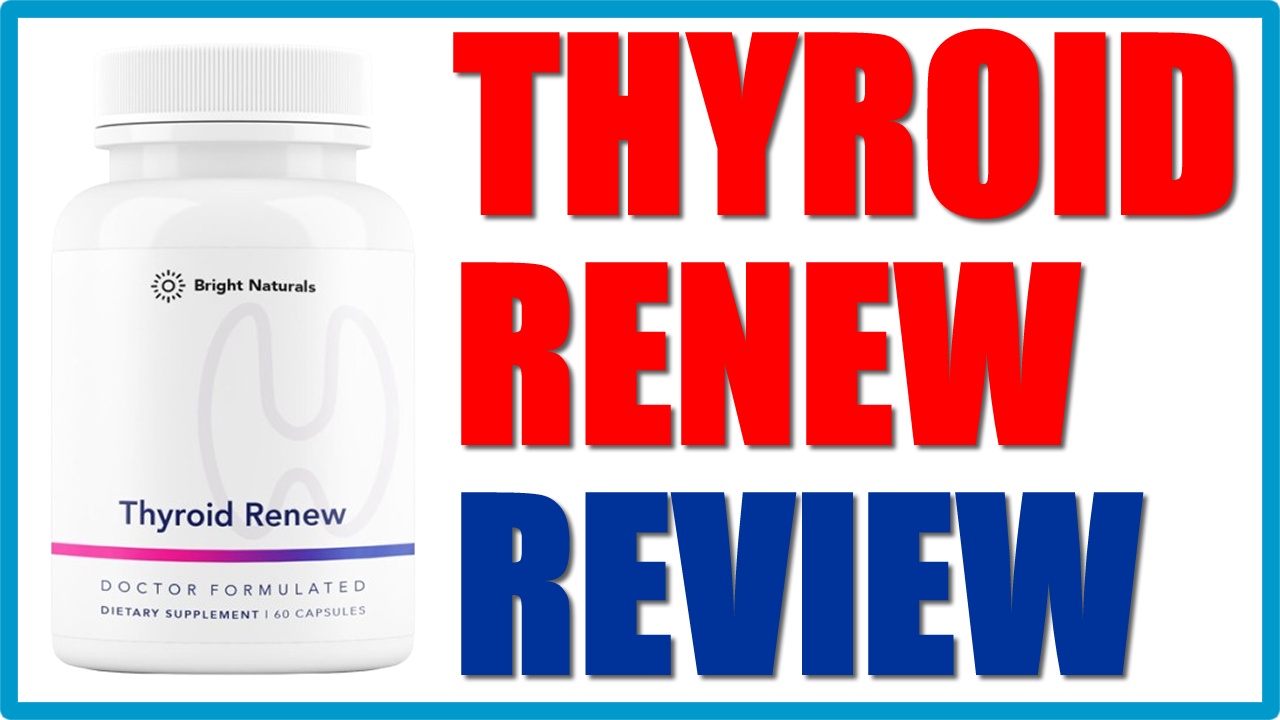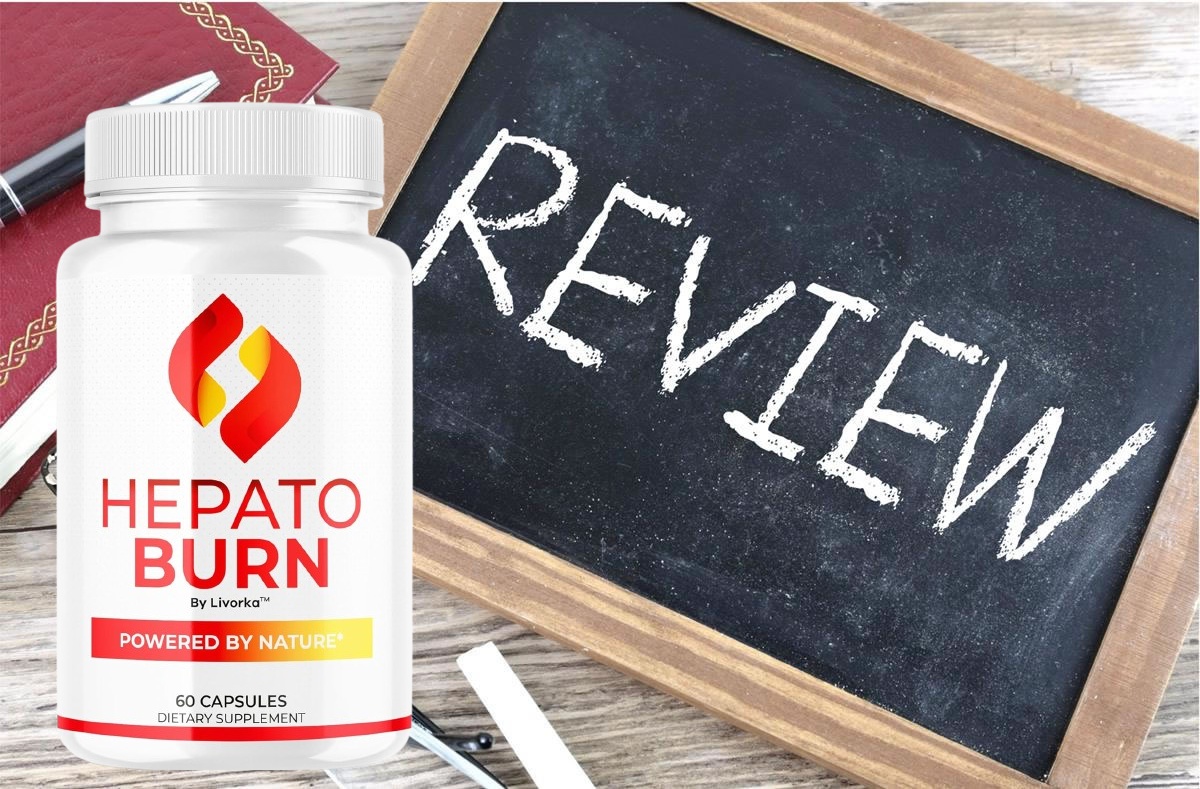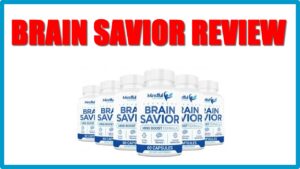What to Feed My Dog for Gut Health?
Did you know that your dog’s gut health can greatly impact their overall well-being? Just like humans, dogs need a balanced diet to support their digestive system and maintain a healthy microbiome. The right mix of high-quality proteins, fiber, and beneficial bacteria can make all the difference. So, what should you be feeding your furry friend to promote a happy, healthy gut? Let’s explore some essential ingredients and tips to help you make the best choices.
Understanding Your Dog’s Digestive System
Have you ever wondered how your dog’s digestive system works? It’s pretty fascinating!
When your pup eats, the food travels down the esophagus and into the stomach, where acids break it down. Next, it moves to the small intestine, where most nutrient absorption happens.
Here, enzymes from the pancreas and bile from the liver play essential roles in digesting fats, proteins, and carbohydrates. After that, the remaining food passes into the large intestine, absorbing water and forming waste.
This whole process relies on a healthy balance of gut bacteria, which helps break down food and supports overall health. Probiotic supplements like PawBiotix can enhance this balance by introducing beneficial bacteria to your dog’s gut. Understanding this system can help you make better choices for your dog’s diet and gut health!
The Importance of a Balanced Diet
While it might be tempting to indulge your dog with table scraps or trendy pet foods, a balanced diet is fundamental for their overall gut health and well-being.
Dogs need a mix of proteins, fats, carbohydrates, vitamins, and minerals to thrive. Each nutrient plays an essential role in maintaining a healthy digestive system and supporting their immune function.
Without balance, your dog could face issues like gastrointestinal upset, allergies, or nutritional deficiencies. It’s important to choose high-quality dog food that meets their specific needs, considering age, size, and activity level.
Key Ingredients for Optimal Gut Health
To guarantee your dog’s gut health thrives, incorporating specific ingredients into their diet can make a world of difference.
Start with high-quality proteins like chicken or fish, which provide essential amino acids for overall health. Don’t forget fiber-rich fruits and vegetables, such as sweet potatoes and blueberries, to support digestion.
Incorporating grains like brown rice or oats can also help maintain a healthy gut. Healthy fats, like those from fish oil, not only boost the immune system but also promote a shiny coat.
Ultimately, consider including prebiotic foods like chicory root, which can foster beneficial bacteria in the gut.
Probiotics and Their Benefits
In addition to the key ingredients that support gut health, probiotics play a significant role in maintaining a balanced digestive system for your dog.
These beneficial bacteria help to restore and maintain the natural gut flora, especially after your pup has faced issues like diarrhea or antibiotics. By introducing probiotics into your dog’s diet, you’re promoting healthy digestion, enhancing nutrient absorption, and boosting their immune system.
You’ll often find probiotics in dog-friendly yogurts, supplements, or certain dog foods. Just remember to consult your vet before starting any new supplements to guarantee you’re choosing the right strains for your furry friend.
With the right probiotics, your dog’s gut health can thrive, leading to a happier and healthier life!
Fiber-Rich Foods to Support Digestion
Including fiber-rich foods in your dog’s diet can greatly boost their digestive health. Fiber acts like a broom for their intestines, helping to sweep away waste and promote regularity.
Think about adding options like pumpkin, sweet potatoes, and green beans. These foods aren’t only tasty but also packed with nutrients. You can also incorporate oats or brown rice for some extra fiber.
Just remember to introduce these foods gradually to avoid any tummy upset. Always keep an eye on your pup to see how they react.
With the right balance of fiber, you’ll help keep their digestive system running smoothly, leading to a happier and healthier dog overall. Your furry friend will thank you!
Foods to Avoid for a Healthy Gut
Even with fiber-rich foods on your dog’s plate, there are certain items you should steer clear of to maintain their gut health.
First up, avoid highly processed foods. These often contain artificial additives and preservatives that can upset your dog’s digestive balance.
Also, skip the table scraps—rich human foods, like fatty meats and dairy, can lead to gastrointestinal issues.
Don’t forget about grains; while some dogs can handle them, others may struggle, so keep an eye out for any adverse reactions.
Finally, steer clear of toxic foods like chocolate, onions, and grapes, which can wreak havoc on their system.
Homemade vs. Commercial Dog Food: What’s Best?
When it comes to choosing the best diet for your dog, the debate between homemade and commercial dog food can feel overwhelming.
Homemade diets allow you to control ingredients, ensuring your pup gets fresh, high-quality foods tailored to their specific needs. However, it requires time, effort, and careful planning to meet all nutritional requirements.
On the other hand, commercial dog food offers convenience and is often formulated by experts to provide balanced nutrition. Just be sure to select high-quality brands that prioritize gut health.
Ultimately, the choice depends on your lifestyle, your dog’s health needs, and your budget.
Consider consulting your vet to determine the best option for promoting your dog’s gut health and overall well-being.
Tips for Transitioning to a Gut-Healthy Diet
Shifting your dog to a gut-healthy diet can feel intimidating, but it doesn’t have to be. Start by gradually introducing new foods.
Mix a small amount of the gut-healthy diet with their current food, increasing the ratio over a week or so. This helps prevent digestive upset. Pay attention to your dog’s reactions; if you notice any issues, slow down the changeover.
Incorporate high-fiber veggies like pumpkin or sweet potatoes for added benefits. Probiotics can also be a great addition to support gut flora.
Finally, keep your dog’s water fresh and accessible to aid digestion. Remember, patience is key—your furry friend will adjust in no time, and you’ll both enjoy the benefits of a healthier gut!













